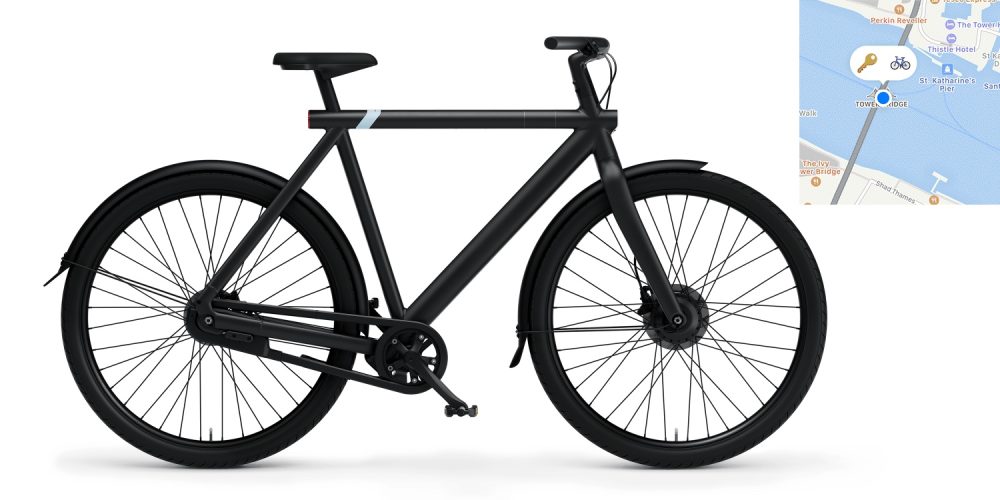Let me be clear: I believe it is reasonable to expect a "class leading" bike in 2022 to be able to gather bike data, health data and navigate turn by turn from the most common sources "out of box". The most common sources in this case are Android and iOS phones. Nearly everyone has one or the other of those. And those that do are likely to rely on android wear or apple watch for their health data (or something compatible with either of those, like fitbit if they care about that at all). That is the state of the industry. Denying that is.... delusional.
What do I mean by out of box? I mean there should be no further cost. What are the gaps today?
Without additional hardware and/or services, there is no way to navigate, gather rider health data and bike data at the same time no matter what common ecosystem a user currently uses (see afore mentioned iOS and Android).
How could Specialized fix this? One of these would solve the "out of box" issues:
1) They could add existing health stuff supported by iOS and Android as well as navigation to Specialized Ride/Mission Control on all platforms. Now the "out of box" complaint becomes a locked in one: "Hey, it only works with their application", which is a different complaint. While this is not my preference, it would be a better situation than today.
2) They could support Bluetooth Smart for phone communication and say "use any app or device you like that supports the protocol to receive the data from ant+". This avoids the "locked in" issue above. And technically lets the user select from other options. (effectively equivalent to an NPE Cable)
I honestly think they should do both. But I would prefer 2 as I don't have faith specialized can do a good job on an app given the state of Ride/Mission Control.
Finally, Bosch supports apple health through the Cobi app. It also does navigation. Look at that, all out of box capabilities are met by the "inferior" connectivity of bosch.
All of that said, I am not opposed to buying a bike computer. The problem is that bike computer needs to *solve* the problems and not add to them. The bike computer becomes the owner of the tracking. Which means it also has to take on route planning or integrate tightly with the phone so I can plan my route on my phone, push share, it magically pops on to the bike computer and I go. To do that, and still have heart rate, I *still* need a heart rate sensor that I only use for riding. I *do* need that heart rate data to make it to apple health (I have years of health related data that I use there). And, of course, none of this shows up on the apple watch on my wrist which I do currently use with ride with gps. Since the bike can't show all metrics I want, I can put common ones on my watch and bike ones on the bike.
Since none of these bike computers seem to actually integrate with phones, what they really do is post directly to whatever service they support that you choose. Cutting the phone entirely out of the picture. This may leave strava as the *only* option to get apple health data (this applies equally to android) back from such devices (I am not sure on this, and would need to experiment). So, specialized "class leading connectivity" means accepting bike computers navigation (none of which are as easy to use as any smartphone), needing specific heart rate sensors for cycling as opposed to any other activity I do, and being limited potentially to the least useful service of all the biking services I tried (strava).
If that's not an unfortunate walled garden, I don't know what is. It continues to make Apple's ecosystem look open and flexible. And that statement makes zero sense in *any other context*. Hopefully mastermind was a step in the direction of fixing this... eventually.
New users be warned.


